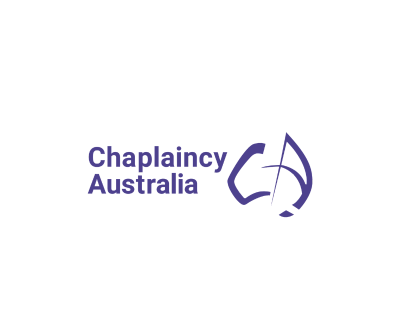In this foundational unit, students delve into diverse topics which are essential to pastoral ministry. They will explore contemporary pastoral models, integrating academic insights and application. From defining ministry, calling, and ordination to conflict resolution and effective caregiving. Students will explore how to outwork these concepts, by understanding the role of pastoral care in the church and ministry contexts.
This subject equips students with an understanding of compositional techniques so they can compose their own original music. Students will gain an understanding of harmonic and melodic structures and will arrange song elements to maximise the intent and impact of songs.
This is an essential subject for those looking to deepen their understanding of the spiritual, biblical, and theological aspects of worship. Explore the role of music and arts within worship and examines the various roles and responsibilities in contemporary worship ministry. This unit is an invaluable resource for anyone involved in or aspiring to enter this vital area of church life.
To perform effectively within an ensemble, it is crucial to sharpen your skills in group performance, harmonise effectively with others and deepen your understanding of ensemble dynamics. This subject focuses on the critical elements of successful performances, from selecting styles and techniques that suit your group's objectives to mastering the art of audience engagement—perfect for musicians aiming to elevate their collaborative abilities and stage presence.
Enhancing your onstage presence and refining performance skills are essential to any musician. The unit delves into the practical aspects of performing, including preparation, audience engagement, and technique extension. It also covers business considerations, such as negotiating contracts and managing relationships.
Through this unit, students are offered a dynamic environment where they can hone their artistic skills through performance and peer collaboration. This highly practical subject encourages you to explore various genres, focusing on solo and ensemble work while tackling performance techniques like managing stress and enhancing audience engagement—ideal for artists seeking to refine their craft and express their creative vision effectively in live settings.
There are important tools required to understand music's unique language of pitch, rhythm, and dynamics. This subject enhances your theoretical knowledge, aural perception, and musical literacy, integrating technology as a pivotal tool in learning and creating music. Whether you're aiming to compose, perform, or simply deepen your understanding of music, this unit provides a comprehensive platform for your musical development.
Understanding the foundations of marketing is crucial for anyone looking to effectively promote ideas, products, or services. This course offers insight into how organisations identify and understand their markets and tailor creative marketing campaigns successfully. Students will explore the marketing mix's components, develop strategies from legal, ethical, and Christian perspectives, and learn to apply these concepts in various contexts.
In this foundational unit, students delve into diverse topics which are essential to pastoral ministry. They will explore contemporary pastoral models, integrating academic insights and application. From defining ministry, calling, and ordination to conflict resolution and effective caregiving. Students will explore how to outwork these concepts, by understanding the role of pastoral care in the church and ministry contexts.
Driving projects towards success is key in any professional setting. This unit equips students with the skills to plan, execute, and oversee projects effectively. You will learn about various project stages, from setting goals and managing budgets to evaluating team performance, helping you to deliver successful outcomes and enhance your career prospects.
Through this introductory unit, students are given a dynamic entry into the world of business leadership, where every day presents new challenges and opportunities. Explore a blend of contemporary management theories with real-world applications, including the integration of sustainable development practices. Students will also consider the role of ethics and social responsibility from a Christian perspective, and how these principles are applied in organisational settings.
Understanding the legal and ethical dimensions of business is essential for those aiming to lead with integrity in today's world. While covering important topics from the Principles of Australian Law to ethical and theological perspectives, this unit equips students to navigate multiple aspects of the legal environment thoughtfully and morally.
Understanding the intersection of law, ethics and business is vital for anyone leading within today's complex environment. This unit offers a foundational understanding of business law, emphasising the alignment of legal practices with ethical and moral frameworks. Students will gain insight into the principles of Australian law, consumer rights, and governance, equipping them with a foundation of legal and ethical principles.
Navigating numbers is a crucial skill in business and translates directly into effective management and decision-making. This subject lays the groundwork for success with financial mathematics, tailoring its content to benefit individuals across all skill levels. Ideal as a precursor to more advanced studies in statistics, accounting, and finance, it offers a deep dive into the quantitative skills needed to solve real-world business problems.









